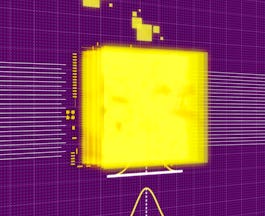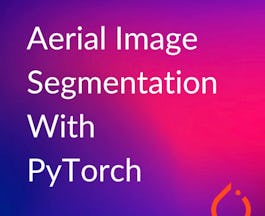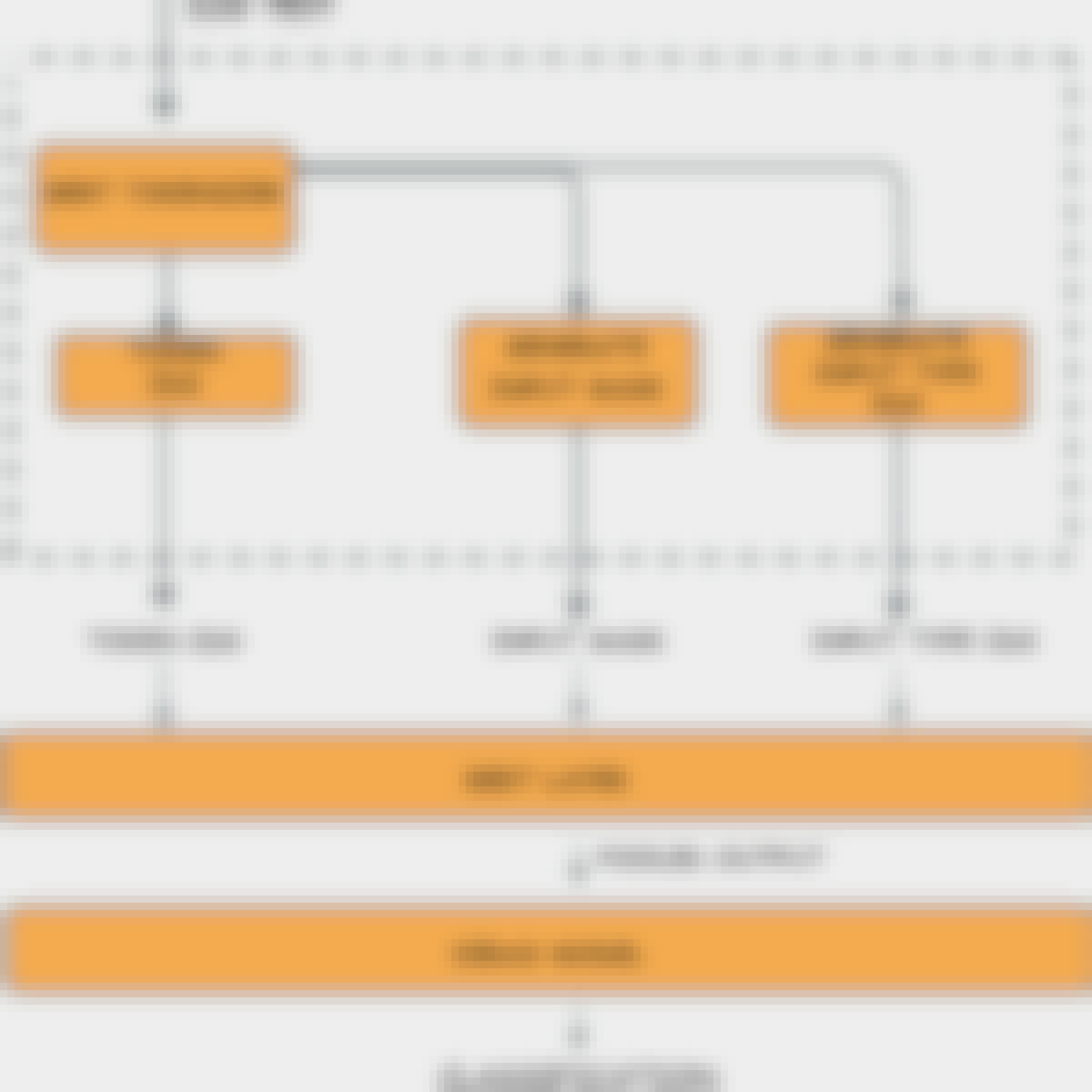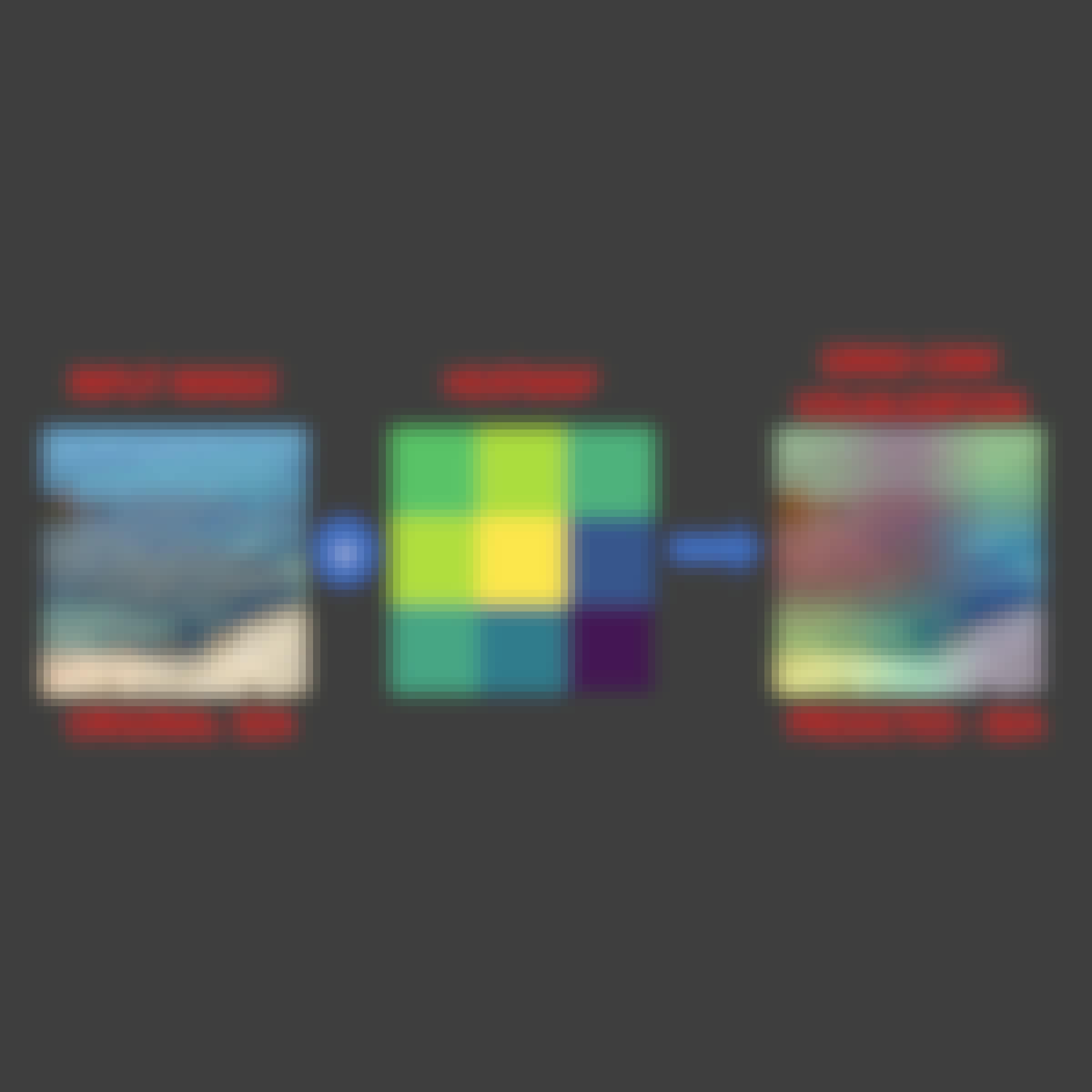Filter by
The language used throughout the course, in both instruction and assessments.
Results for "semantic+segmentation"

Columbia University
Skills you'll gain: Computer Vision
 Status: Free
Status: FreeYonsei University
Skills you'll gain: Artificial Neural Networks, Deep Learning, Human Learning, Machine Learning, Applied Machine Learning, Machine Learning Algorithms, Algorithms, Machine Learning Software

Imperial College London
Skills you'll gain: Probability & Statistics, Statistical Analysis, Computer Programming, Deep Learning, Tensorflow

Coursera Project Network
Skills you'll gain: Python Programming

MathWorks
Skills you'll gain: Computer Vision, Deep Learning, Matlab

Skills you'll gain: Applied Machine Learning, Machine Learning, Machine Learning Software, Microsoft Azure, Natural Language Processing, Human Computer Interaction, Human Learning, Machine Learning Algorithms

Microsoft
Skills you'll gain: Applied Machine Learning, Computer Vision, Machine Learning, Microsoft Azure, Human Learning, Machine Learning Algorithms, Machine Learning Software

Skills you'll gain: Computer Vision

Coursera Project Network
Skills you'll gain: Natural Language Processing, Tensorflow

Coursera Project Network
Skills you'll gain: Artificial Neural Networks, Computer Vision, Deep Learning, Machine Learning, Python Programming
Searches related to semantic+segmentation
In summary, here are 10 of our most popular semantic+segmentation courses
- Gen AI Foundational Models for NLP & Language Understanding: IBM
- Features and Boundaries: Columbia University
- Deep Learning for Business: Yonsei University
- Probabilistic Deep Learning with TensorFlow 2: Imperial College London
- Generative AI Language Modeling with Transformers: IBM
- Aerial Image Segmentation with PyTorch : Coursera Project Network
- Deep Learning for Computer Vision: MathWorks
- Natural Language Processing in Microsoft Azure: Microsoft
- Computer Vision in Microsoft Azure: Microsoft
- Object Tracking and Motion Detection with Computer Vision: MathWorks












